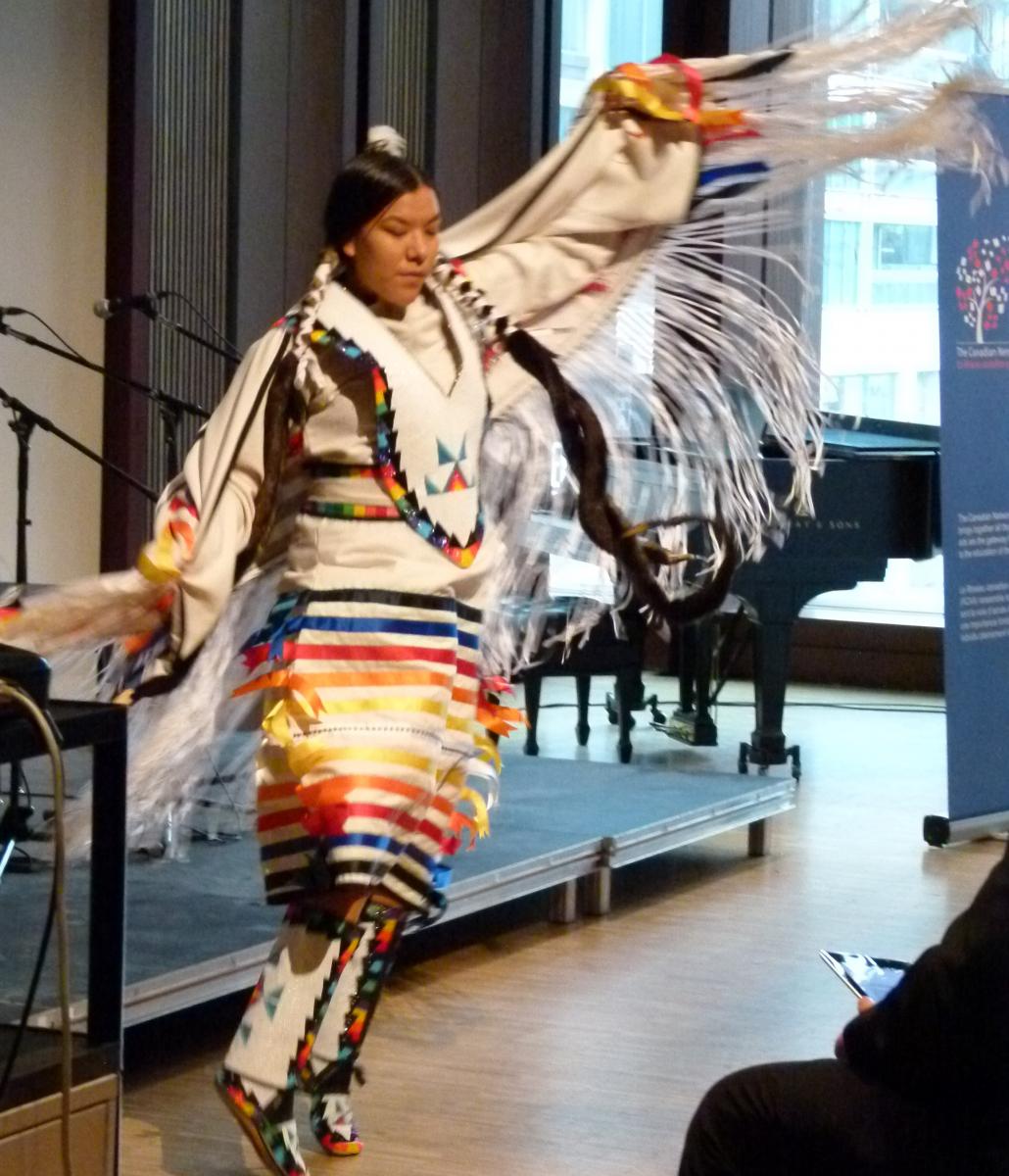
There is growing recognition that our health is influenced by a variety of factors. Some of these may be medical, others may be social, environmental or economic. As a result, there is a need to support people by taking a more whole-person-centred approach to health and wellbeing.
Social prescribing may be one way of facilitating this. It may involve referral or signposting patients to a range of local, community based non-clinical services (or “assets”), aiding patients to receive the appropriate support for their non-medical needs (1). Social prescribing may also relieve pressures on overburdened healthcare systems (2), particularly given the estimations that up to one in five appointments with a GP are related to non-medical problems, such as housing, financial concerns, and social isolation (3).
Releasing the full potential of community assets may be key in ensuring social prescribing is sustainable. Such assets may include existing spaces such as gardens, libraries and museums. However, there is a knowledge gap between how, why and under what conditions these assets may support social prescribing initiatives.
The aim of this report
The aim of of this report is two fold:
1. To present findings from a rapid literature review of the current knowledge and evidence base from interventions in gardens, libraries and museum for health and wellbeing.
This includes identifying some of the key frameworks and concepts underpinning such interventions; characterising the evidence base; describing barriers and facilitators to running or engaging in activities based in gardens, libraries and museums; highlighting the various tools that have been used in evaluating such interventions; and presenting case studies of some of the activities that are run by Oxford’s own Gardens, Libraries and Museums (GLAM).
2. To present findings from two participatory workshops held in Oxford
in July 2019, the first for members of the public and the second for stakeholders who provide or commission social prescribing services. The aims of the workshops were to gauge an understanding of social prescribing; identify future research priorities and shared interests in the area of social prescribing; obtain the perspectives of members of the public on social prescribing in general and, more specifically, the role of GLAM for health and wellbeing.




